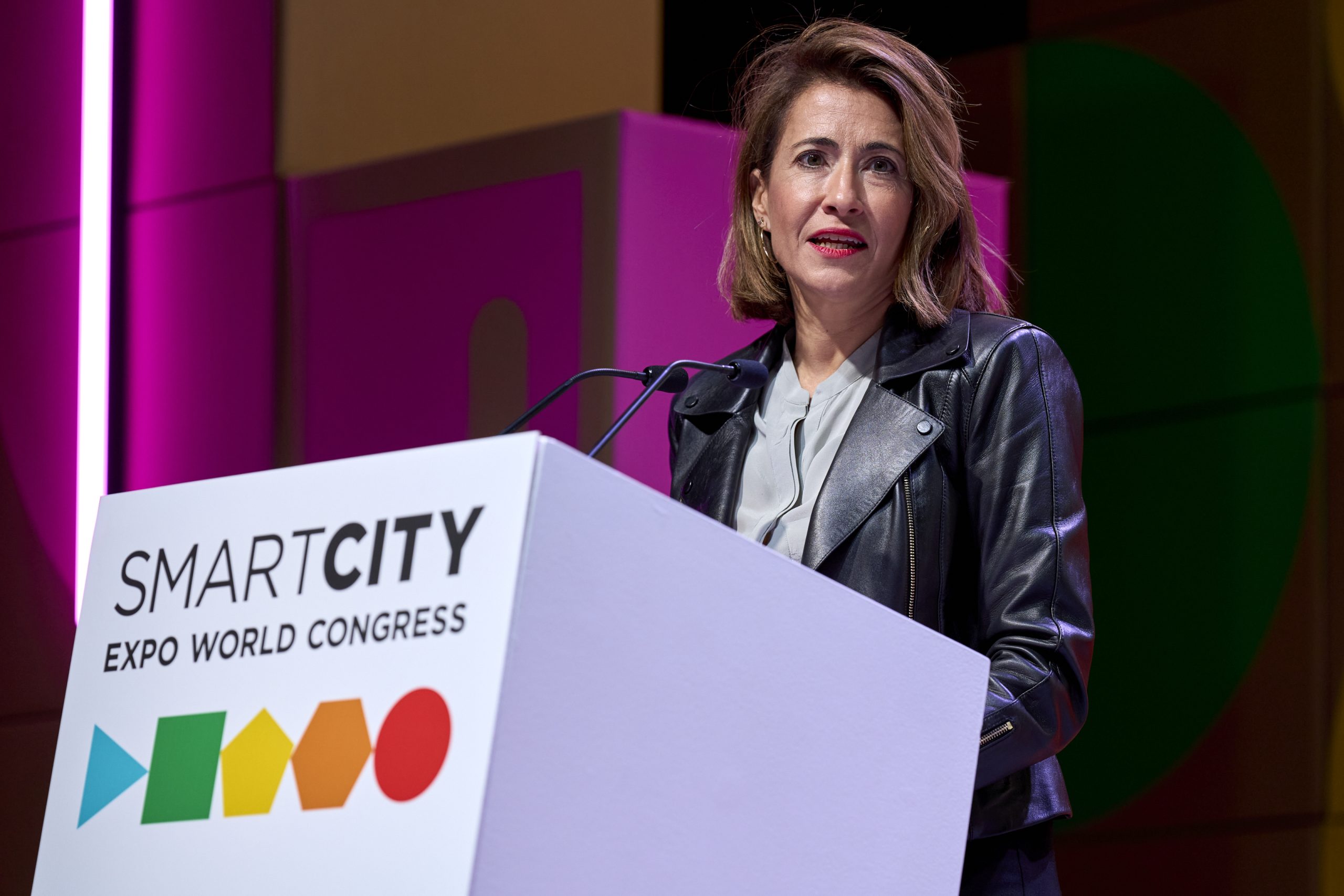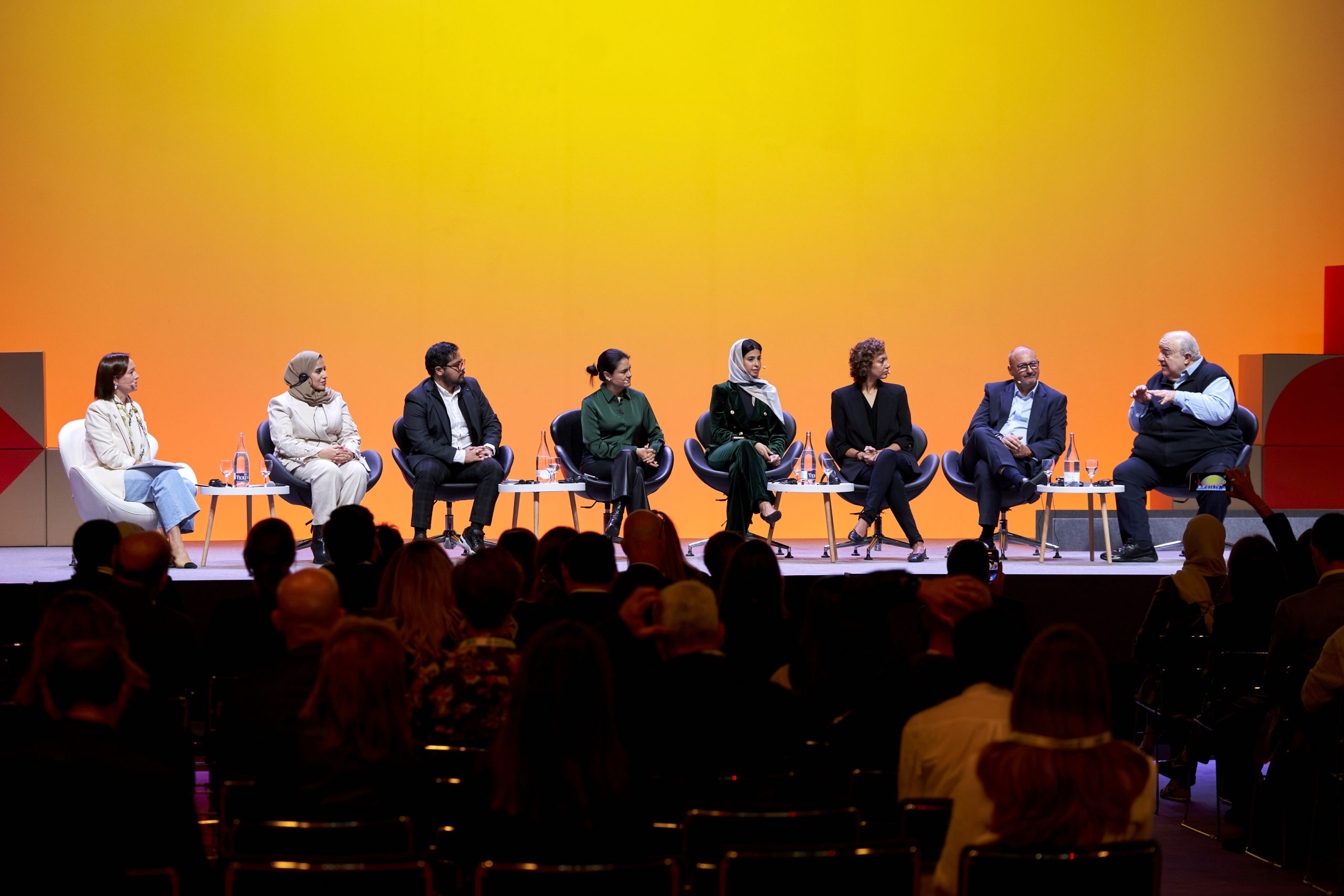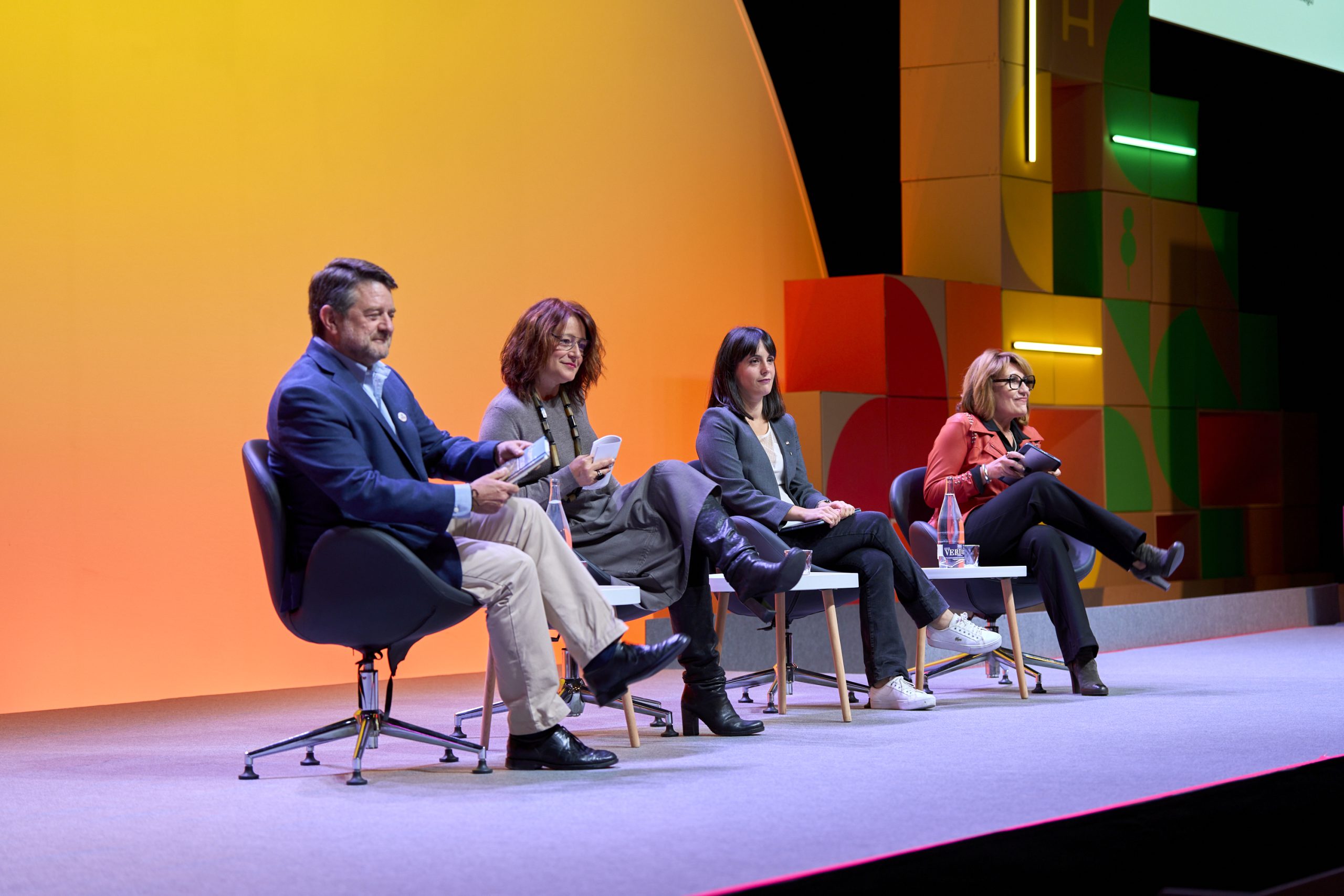This is a guest post by Lucía Bellocchio, founder and executive director of Trend Smart Cities. Lucía has extensive experience working on urban innovation, and has written in leading media outlets in South America like La Nación, El Observador, Clarín or TN.
Over the past decade, Latin America has witnessed a remarkable advance in adopting innovative technologies for urban management, coinciding with rapid urbanisation. It has made it the most urbanised developing region in the world, with an estimated 80% of Latin Americans living in urban areas.
Globally, the smart city approach aims to address urban issues by integrating technologies that gather data to better manage resources and services, thereby ensuring a higher quality of life. In Latin America, rapid urbanisation coupled with a complex socioeconomic context has placed significant pressure on infrastructure and urban services. It has sparked increasing interest among governments, businesses, investors, and urban entrepreneurs in finding new ways to intelligently manage cities through technology, sustainable approaches, and people-centred design.
The Latin American Approach of Smart Cities
The region’s unique challenges have helped urban innovation drive creativity and ingenuity in designing new architectures that adapt the smart city concept to regional priorities, giving technology a more social and human focus. For example, while aerial mobility solutions could be well-received in cities with significant traffic problems like São Paulo or Mexico City, they do not garner the same level of investment and public attention as initiatives aimed at improving public transportation systems (such as expanding networks, electrifying fleets, and enhancing accessibility), citizen security (improved surveillance systems, predictive policing, and emergency response technologies), or adapting to the effects of climate change (disaster prevention and management).
The diverse landscape of regional challenges delineates a unique approach that pushes towards an agenda prioritising the development of cities with a vital social component to ensure these initiatives are adopted, accepted, and sustainable over time.
In this regard, the significant interest in the region in fostering discussions on urban cities and innovation is evident through events like the Smart City Expo, held in cities such as Curitiba (Brazil), Mérida (Mexico), Bogotá (Colombia), Santiago del Estero (Argentina), and Santiago (Chile). These events undoubtedly inspire action towards developing smarter cities with a Latin American touch.
Financial Architectures to Foster Innovation and Development

Unlike Europe, the regional integration process in Latin America through Mercosur lacks the same institutional and economic solidity. As a result, there is no regional equivalent to the European Union-funded projects that promote innovation, science, technology, and topics within the smart city agenda. In this context, alliances and collaborations between governments, private sector companies, and academic institutions become crucial for developing smart city projects. These collaborations facilitate pooling resources and knowledge, driving innovation and effectively implementing smart solutions.
One example is ‘Parque de la Innovación’ in Buenos Aires, a project that responds to the city’s new productive profile focused on knowledge and innovation. It integrates companies, universities, scientific institutions, housing, service areas, and meeting spaces, fostering activities for entrepreneurs, students, and researchers. This synergy attracts talent and investments and generates collaborations with innovative public and private institutions locally and globally. This new city district constitutes the first technological, educational, and scientific HUB, involving universities, research centres, companies, housing projects, coworking, and coliving spaces. It also hosts Latin America’s first autonomous electric vehicle.
Another excellent example is Panama Pacifico in Central America, which has great potential to become a smart city. It is Latin America’s most significant mixed-use development, connecting people, businesses, and nature in a sustainable environment with multiple economic benefits. With a strategic location and vision, it is positioning itself as a thriving environment for regional development in business, innovation, infrastructure, mobility, sustainability, tourism, and human and community development.
Although Latin America often looks to European and Asian smart city examples, the region has noteworthy cases. Curitiba, the winner of the latest Smart City Award, demonstrates the results of sustainable urban planning: buildings that integrate with nature rather than the other way around, pedestrianisation of the historic centre when other cities were investing in car infrastructure, innovation in transportation systems with the BRT (bus rapid transit) later implemented in dozens of cities worldwide, green facades and rooftops on skyscrapers to save energy, environmental education, and citizen training, and the creation of a park system to optimise city drainage and prevent flooding—nature-based solutions.
Medellín, through social urbanism, transformed from one of the most violent cities in the world in the 1980s to a model of urban recovery with iconic interventions like the escalator connecting the most dangerous neighbourhood (Comuna 13) with the rest of the city. Today, it is the country’s most innovative city, promoting green corridors and revitalising public spaces along the Medellín River (Proyecto Parques del Río). It is working on its strategic smart city plan to continue innovating.
Barranquilla is another example. The City Hall’s “Todos al Parque” plan and Grupo Argos’ investment have transformed the city. Its trees have improved residents’ well-being, reduced crime rates, boosted local employment, and enhanced the city’s climate change adaptation. Currently, 93% of residents live within just an eight-minute walk of an urban green space.
The public policy “Bogotá Smart Territory 2023-2032” is worth highlighting in the Colombian capital. It seeks to position Bogotá globally as a smart city and promote the use of data, technology, and innovation by actors and sectors of the territory to solve problems and generate opportunities that improve people’s quality of life.
Empower Communities with Knowledge and Resources

For smart city projects to be successful in the region, citizen participation and commitment are vital for their acceptance and adoption. Therefore, it is crucial to eradicate fear and mistrust in the use of urban technologies by educating and informing the community to ensure that the solutions meet their real needs and get them involved.
Recently, ‘Laboratorio de Ciudad‘ was introduced in Barranquilla. Its main goal is to educate citizens about interacting intelligently with the environment in today’s connected and digital cities. In Buenos Aires, ‘Parque de la Innovación’ hosts an Immersive Centre that holds educational events on topics related to science and technology.
Designing smart cities is not about making a simple copy and paste. That is precisely what makes it fascinating. The smart city agenda requires global thinking and awareness of urban trends, but it also demands local action. Collective intelligence plays a crucial role in enabling each region to tailor this approach to its unique reality and DNA. Ultimately, it is the inhabitants who define a city’s intelligence.
With an inclusive and sustainable approach and highly innovative human talent, Latin America has the potential to lead the smart city revolution. There is already evidence of this.






















































